Home>Gardening & Outdoor>Landscaping Ideas>What Is Lemon Grass Good For
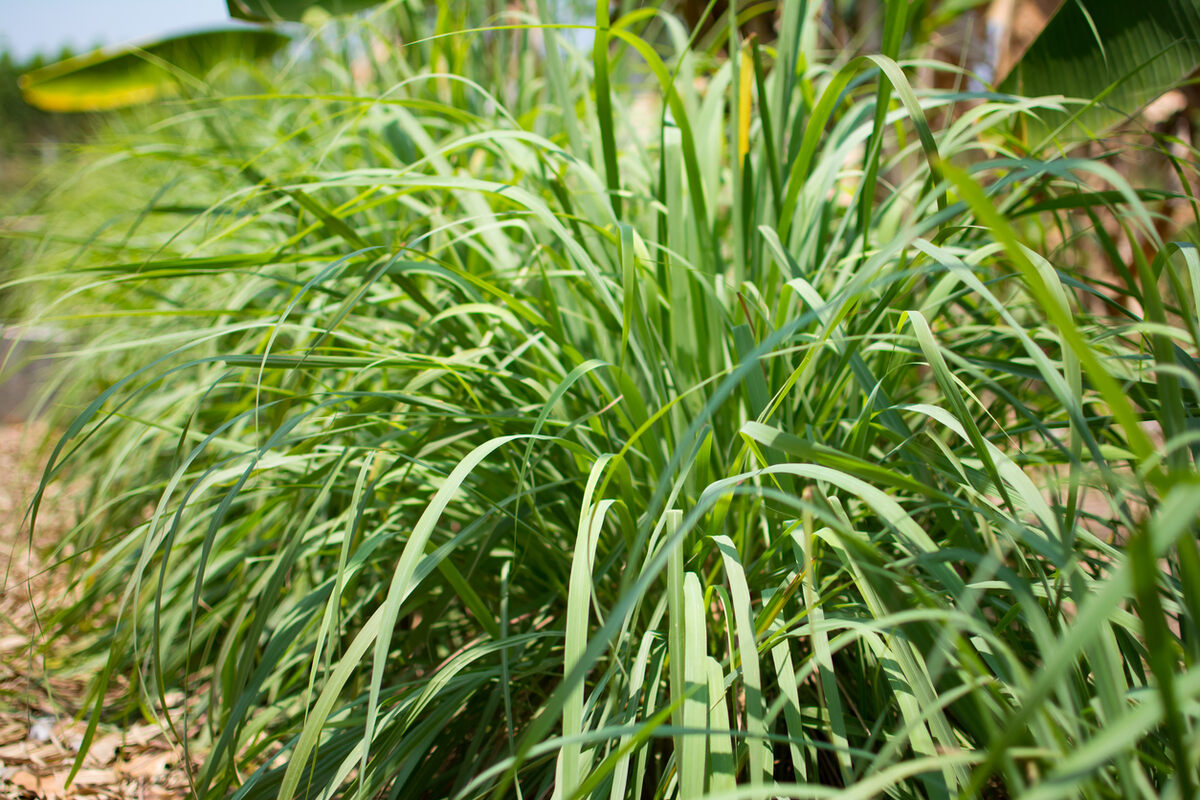

Landscaping Ideas
What Is Lemon Grass Good For
Modified: August 28, 2024
Discover the benefits of using lemongrass in your landscaping ideas. Learn how lemongrass can enhance your outdoor space and provide natural beauty.
(Many of the links in this article redirect to a specific reviewed product. Your purchase of these products through affiliate links helps to generate commission for Storables.com, at no extra cost. Learn more)
Introduction
Lemongrass, also known as Cymbopogon, is a tall, stalky plant with a subtle citrus flavor and a myriad of uses. This versatile herb is a staple in Southeast Asian cuisine and traditional medicine, prized for its refreshing aroma and numerous health benefits. In this article, we will explore the nutritional content, health benefits, culinary uses, and precautions associated with lemongrass, shedding light on its incredible versatility and value.
Whether you are a culinary enthusiast looking to elevate your dishes or someone interested in natural remedies and holistic wellness, lemongrass is a fascinating ingredient that has much to offer. From its rich nutritional profile to its potential to alleviate various ailments, lemongrass has captured the attention of people around the world. Join us as we delve into the world of lemongrass and uncover the many wonders this humble herb has to offer.
Key Takeaways:
- Lemongrass is a versatile herb packed with vitamins, minerals, and antioxidants, offering potential health benefits like digestive support, stress relief, and immune-boosting properties. It can be used in cooking, teas, and aromatherapy for overall wellness.
- While lemongrass adds a refreshing citrus flavor to dishes and beverages, it’s important to be cautious of potential allergic reactions and medication interactions. Consulting a healthcare professional can help ensure safe and enjoyable use of lemongrass for culinary and wellness purposes.
Read more: What To Use Lemon Grass For
Nutritional Content of Lemongrass
Lemongrass is not only valued for its unique flavor and aroma but also for its impressive nutritional content. This herb is a rich source of essential vitamins, minerals, and antioxidants, making it a valuable addition to a balanced diet.
One of the key components of lemongrass is citral, a compound known for its anti-inflammatory and antimicrobial properties. Additionally, lemongrass contains essential oils, including limonene and citronellol, which contribute to its distinct citrusy fragrance and potential health benefits.
Furthermore, lemongrass is a good source of vitamins A and C, which are important for supporting the immune system and promoting healthy skin. It also contains folate, a B vitamin that plays a crucial role in cell division and DNA formation. Additionally, lemongrass provides small amounts of essential minerals such as potassium, magnesium, and calcium.
With its robust nutritional profile, lemongrass offers a range of health-promoting properties, from bolstering the immune system to aiding in digestion and promoting overall well-being. Whether consumed as a flavorful ingredient in culinary creations or brewed into a soothing herbal tea, lemongrass stands out as a valuable source of nourishment and wellness support.
Health Benefits of Lemongrass
Lemongrass is renowned for its array of potential health benefits, which have been recognized and utilized in traditional medicine for centuries. From promoting digestion to offering natural relief for various ailments, this versatile herb has garnered attention for its therapeutic properties.
1. Digestive Health: Lemongrass is often used to alleviate digestive issues such as bloating, indigestion, and constipation. Its natural compounds can help soothe the stomach and promote healthy digestion, making it a popular choice for herbal remedies targeting gastrointestinal discomfort.
2. Antioxidant and Anti-Inflammatory Properties: The citral and essential oils found in lemongrass contribute to its potent antioxidant and anti-inflammatory effects. These properties may help combat oxidative stress and inflammation in the body, potentially reducing the risk of chronic diseases and supporting overall well-being.
3. Stress Relief and Relaxation: The soothing aroma of lemongrass is often used in aromatherapy to promote relaxation and alleviate stress. Whether enjoyed in the form of essential oil diffusers or herbal teas, lemongrass can help create a calming atmosphere and ease tension, offering a natural way to unwind and de-stress.
4. Immune Support: The vitamins and antioxidants present in lemongrass contribute to its immune-boosting properties. Regular consumption of lemongrass may help strengthen the body’s defenses against common illnesses and infections, supporting overall immune function.
5. Potential Anti-Microbial Effects: Studies have suggested that lemongrass may possess antimicrobial properties, making it a natural candidate for combatting certain types of bacteria and fungi. This potential makes lemongrass a valuable ingredient in natural skincare products and herbal remedies targeting microbial imbalances.
These health benefits highlight the diverse and valuable contributions of lemongrass to holistic wellness. Whether enjoyed in culinary creations, herbal teas, or topical applications, lemongrass offers a wealth of potential health-promoting properties that have stood the test of time.
Culinary Uses of Lemongrass
Lemongrass is a versatile herb that adds a delightful citrusy flavor and aroma to a wide range of culinary creations. Its unique profile makes it a popular ingredient in various cuisines, particularly in Southeast Asian dishes where it is celebrated for its refreshing and aromatic qualities.
One of the most common uses of lemongrass in cooking is in the form of a flavorful paste or finely chopped stalks. It can be used to infuse soups, curries, stir-fries, and marinades with its bright and zesty essence, enhancing the overall depth of flavor in the dish. The tender inner part of the stalk is often used, while the tough outer layers are typically removed before cooking.
Additionally, lemongrass is a popular choice for brewing herbal teas and infusions. Its soothing and refreshing qualities make it a delightful option for creating aromatic beverages that can be enjoyed hot or cold. When used in teas, lemongrass imparts a subtle citrus note and a calming aroma, adding a refreshing twist to the drinking experience.
Moreover, lemongrass is a versatile ingredient in desserts and baked goods, where its citrusy flavor can complement sweet treats such as cakes, cookies, and custards. Its aromatic oils and subtle tanginess can elevate the flavor profile of various confections, offering a unique and refreshing twist to traditional desserts.
Whether used to add depth to savory dishes, infuse beverages with a refreshing aroma, or enhance the flavor of sweets, lemongrass is a valuable culinary asset that brings a touch of brightness and vibrancy to the table. Its versatility and distinctive citrus flavor make it a beloved ingredient among chefs and home cooks alike, adding a delightful twist to a wide array of culinary creations.
Lemon grass is good for relieving digestive issues like bloating and gas. You can make a tea by steeping fresh or dried lemon grass in hot water for a soothing remedy.
How to Use Lemongrass for Health
Lemongrass can be utilized in various forms to harness its potential health benefits and enrich daily wellness routines. Whether incorporated into cooking, brewed into herbal infusions, or used in topical applications, lemongrass offers a range of versatile options for promoting overall health and vitality.
Culinary Applications: Incorporating lemongrass into cooking is a flavorful way to enjoy its health-promoting properties. Whether used in marinades, soups, or stir-fries, lemongrass can infuse dishes with its distinctive citrusy aroma and potential digestive benefits, making it a valuable addition to a well-rounded culinary repertoire.
Herbal Teas and Infusions: Brewing lemongrass into herbal teas and infusions is a popular method for enjoying its soothing and aromatic qualities. By steeping fresh or dried lemongrass in hot water, individuals can create a refreshing beverage that not only delights the senses but also offers potential relaxation and digestive support.
Essential Oils and Aromatherapy: Lemongrass essential oil is often used in aromatherapy to promote relaxation, alleviate stress, and create a calming atmosphere. Whether diffused in the air or added to bathwater, the invigorating aroma of lemongrass can help create a tranquil environment conducive to overall well-being.
Topical Preparations: The essential oils extracted from lemongrass are valued for their potential antimicrobial and skin-soothing properties. When diluted and applied topically, lemongrass oil can be used in natural skincare formulations to support skin health and address minor skin concerns, offering a natural and refreshing alternative to conventional products.
By exploring these diverse applications, individuals can incorporate lemongrass into their daily routines to promote digestive wellness, relaxation, and overall vitality. Whether enjoyed in culinary creations, herbal infusions, or aromatic treatments, lemongrass offers a delightful and versatile approach to nurturing holistic health.
Read more: What Are The Benefits Of Lemon Grass Tea
Precautions and Side Effects of Lemongrass
While lemongrass is generally considered safe for consumption and topical use, it is important to be mindful of potential precautions and side effects, especially for individuals with specific sensitivities or health conditions.
Allergic Reactions: Some individuals may experience allergic reactions to lemongrass, particularly when used topically. Skin irritation, redness, or rash may occur in sensitive individuals. It is advisable to perform a patch test before using lemongrass oil or topical products containing lemongrass to assess skin sensitivity.
Pregnancy and Breastfeeding: Pregnant and breastfeeding individuals should exercise caution when using lemongrass, especially in concentrated forms such as essential oils. While culinary use of lemongrass in moderate amounts is generally considered safe, it is advisable to consult a healthcare professional before using concentrated lemongrass products during pregnancy or while breastfeeding.
Medication Interactions: Individuals taking medications, particularly those with liver or kidney conditions, should consult a healthcare provider before using lemongrass supplements or concentrated forms. Lemongrass may interact with certain medications, and professional guidance can help ensure safe and appropriate use.
Essential Oil Dilution: When using lemongrass essential oil for aromatherapy or topical applications, it is important to dilute it with a carrier oil to avoid skin irritation or adverse reactions. Undiluted essential oils should not be applied directly to the skin, and proper dilution ratios should be followed for safe use.
Oral Consumption: While lemongrass is commonly used in culinary preparations, some individuals may experience gastrointestinal discomfort or allergic reactions when consuming large amounts. Moderation is key, and individuals with known sensitivities to lemongrass or related plants should consume it in appropriate quantities.
By being mindful of these precautions and potential side effects, individuals can safely enjoy the benefits of lemongrass while minimizing the risk of adverse reactions. When in doubt, consulting a healthcare professional can provide personalized guidance on the safe and appropriate use of lemongrass for individual health needs.
Conclusion
Lemongrass, with its vibrant flavor, refreshing aroma, and potential health benefits, stands as a remarkable herb that has captured the attention of culinary enthusiasts and wellness seekers alike. From its rich nutritional content to its diverse culinary uses and potential therapeutic properties, lemongrass offers a wealth of possibilities for enhancing both the palate and overall well-being.
With its abundance of vitamins, minerals, and antioxidants, lemongrass contributes to a balanced diet and may offer support for digestive health, immune function, and overall vitality. Its versatility in the kitchen, whether in savory dishes or sweet treats, adds a unique and invigorating dimension to culinary creations, delighting the senses and elevating the dining experience.
Furthermore, the potential health benefits of lemongrass, from its antioxidant and anti-inflammatory properties to its calming and immune-supportive qualities, make it a valuable ally in holistic wellness practices. Whether enjoyed in herbal teas, aromatherapy, or topical applications, lemongrass offers a natural and refreshing approach to promoting relaxation, digestive comfort, and overall health.
However, it is essential to be mindful of potential precautions and side effects, particularly for individuals with specific sensitivities or health conditions. By exercising caution and seeking professional guidance when needed, individuals can safely incorporate lemongrass into their wellness routines, harnessing its benefits while minimizing the risk of adverse reactions.
In conclusion, lemongrass stands as a versatile and captivating herb that has earned its place in both the culinary and wellness realms. Its bright and citrusy essence, coupled with its potential health-promoting properties, makes it a valuable addition to a holistic lifestyle, offering a refreshing and invigorating touch to daily routines and enriching the overall experience of nourishment and well-being.
Frequently Asked Questions about What Is Lemon Grass Good For
Was this page helpful?
At Storables.com, we guarantee accurate and reliable information. Our content, validated by Expert Board Contributors, is crafted following stringent Editorial Policies. We're committed to providing you with well-researched, expert-backed insights for all your informational needs.
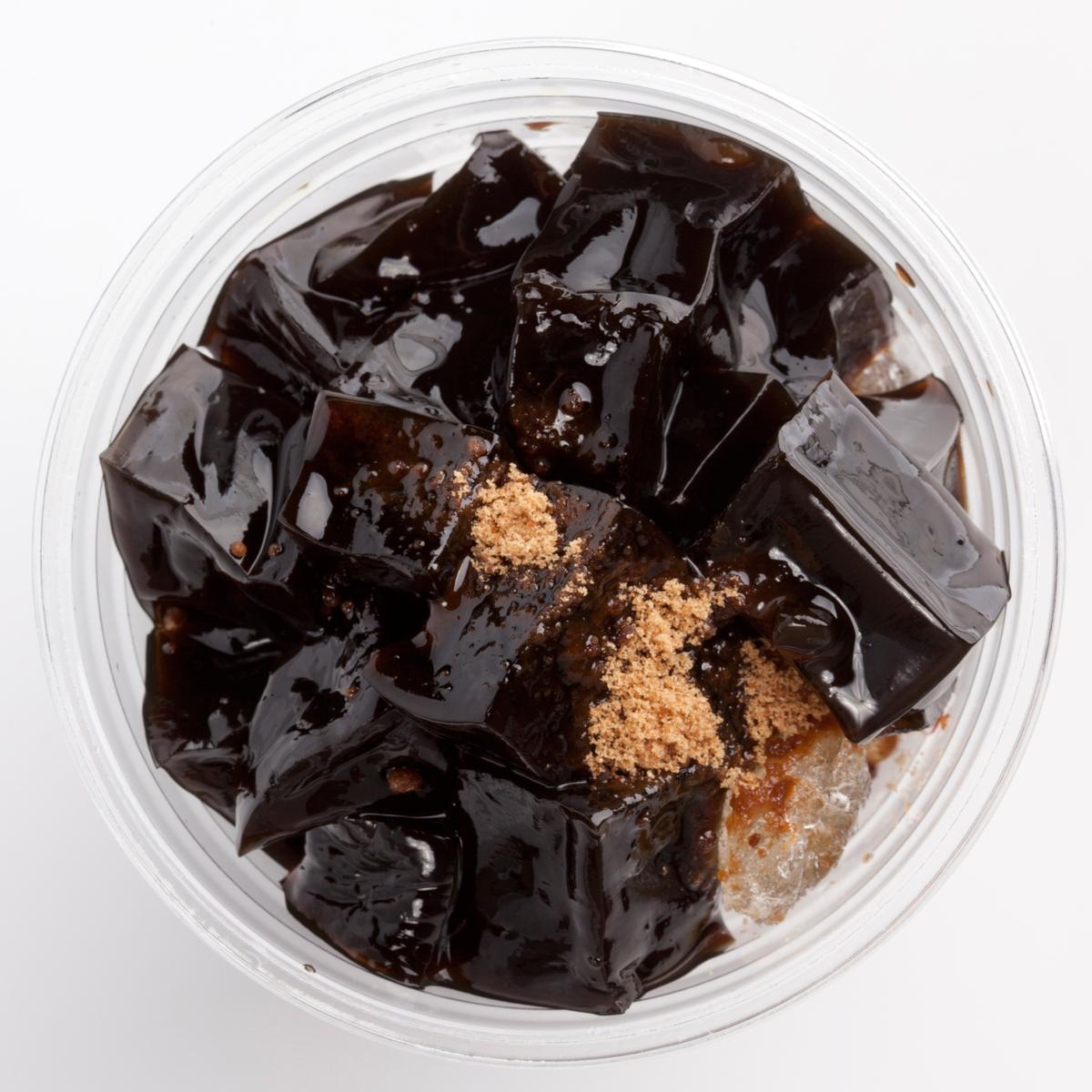

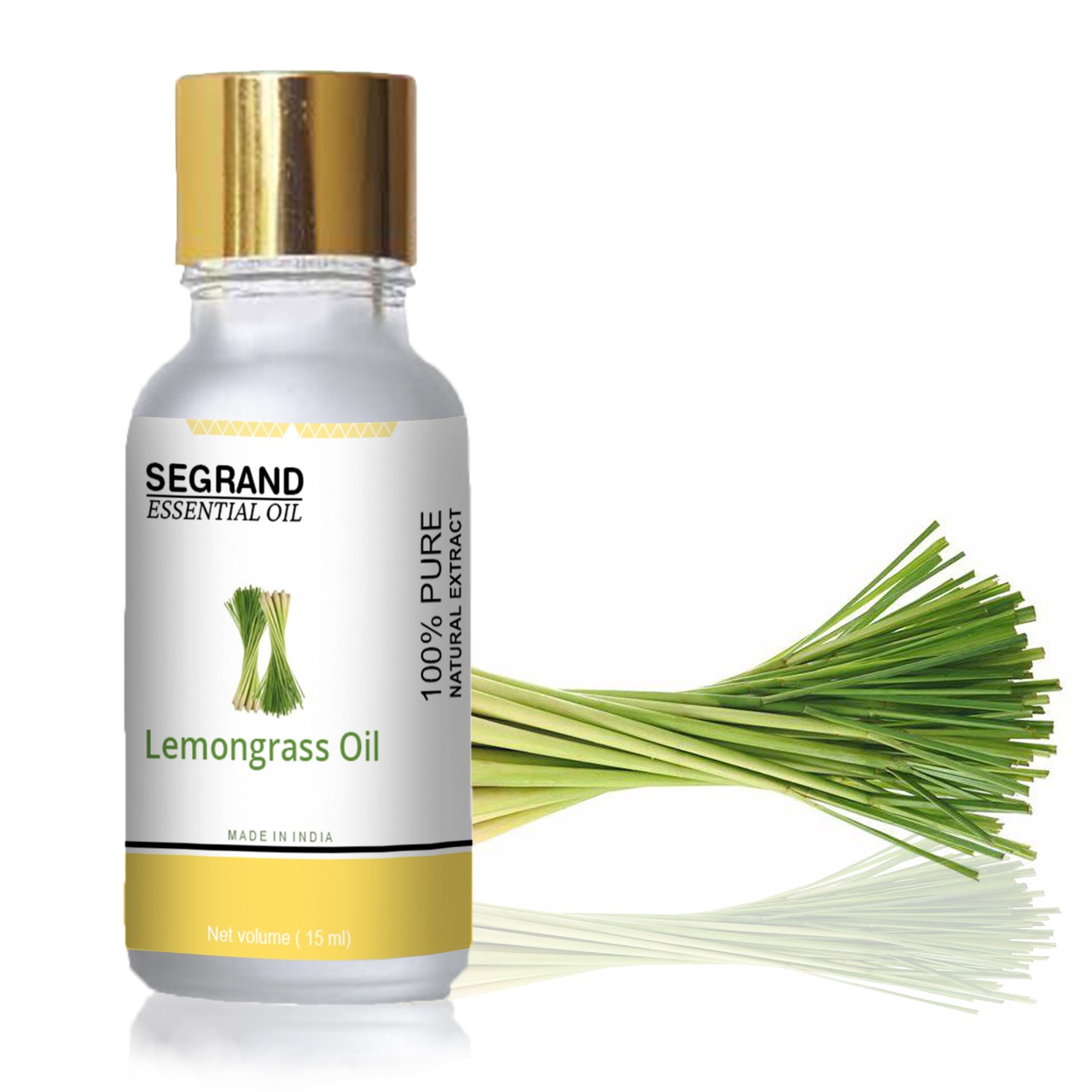
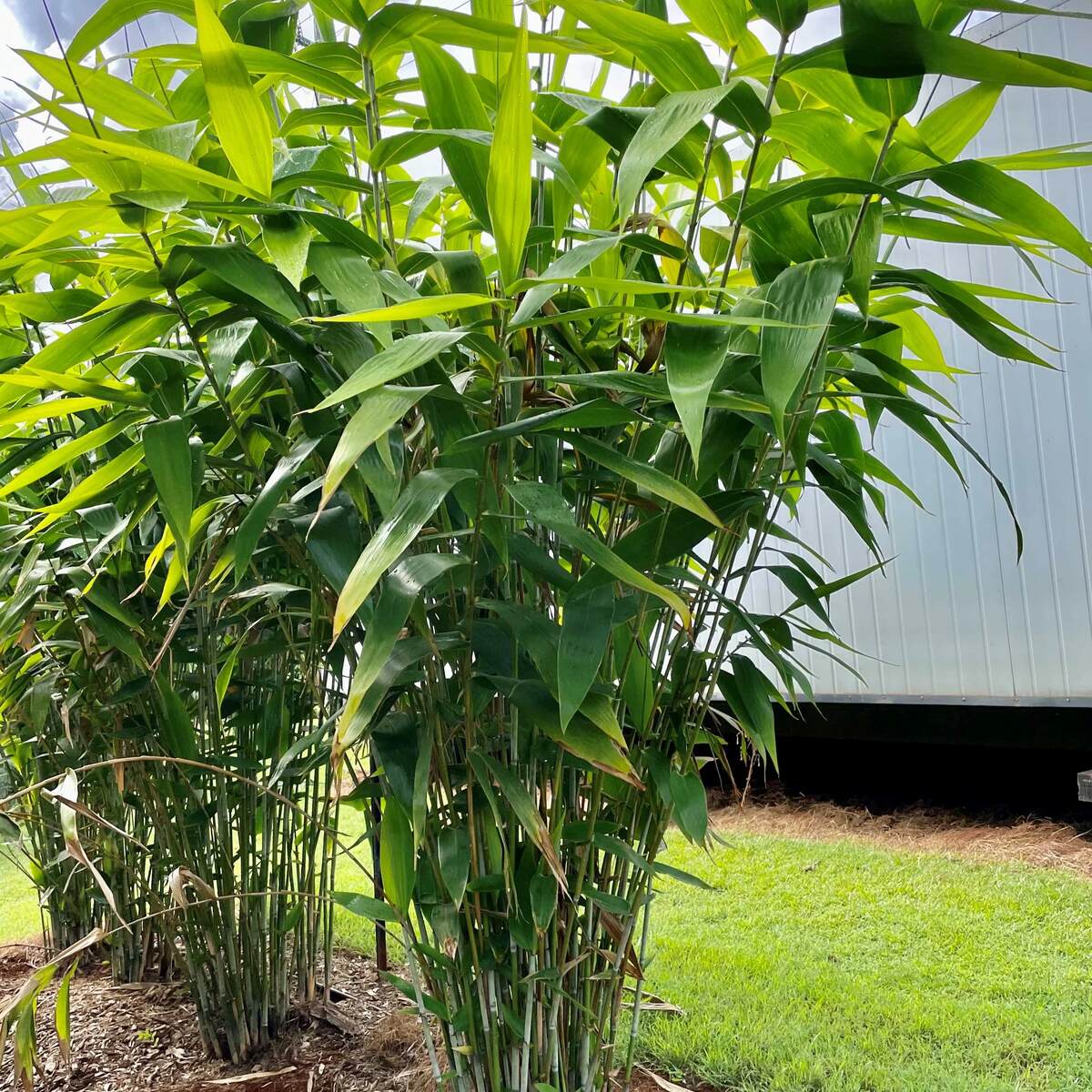
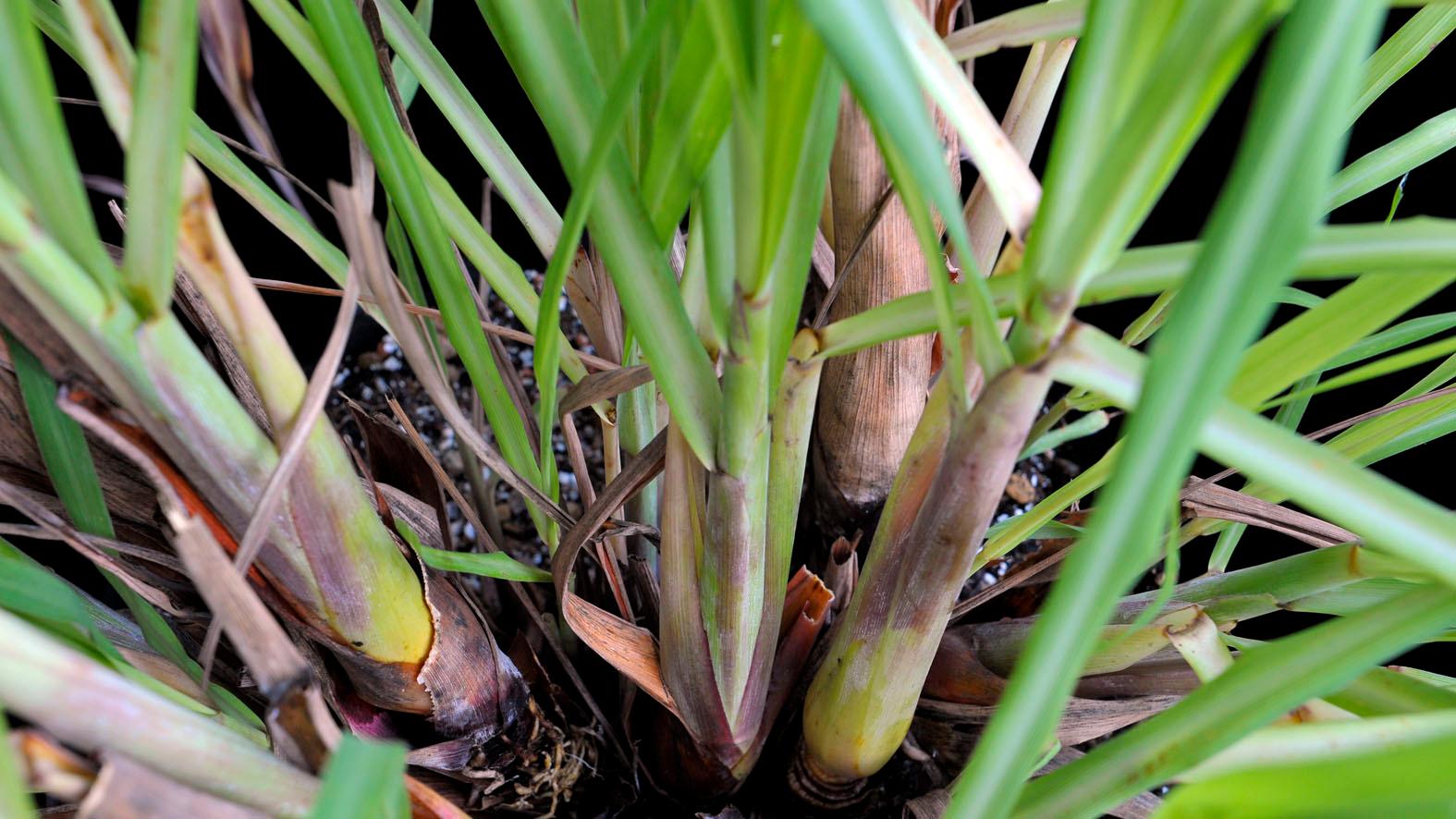

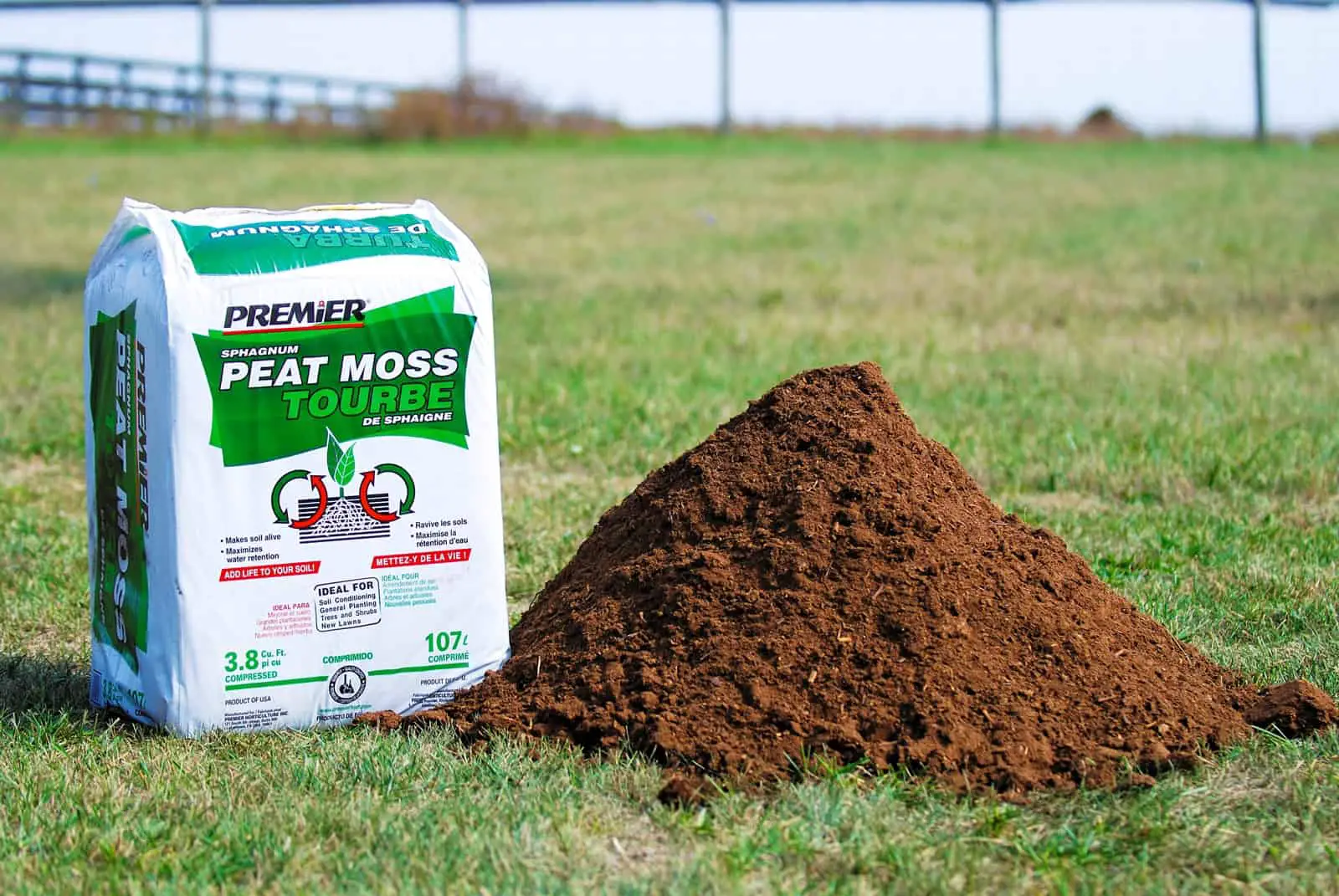
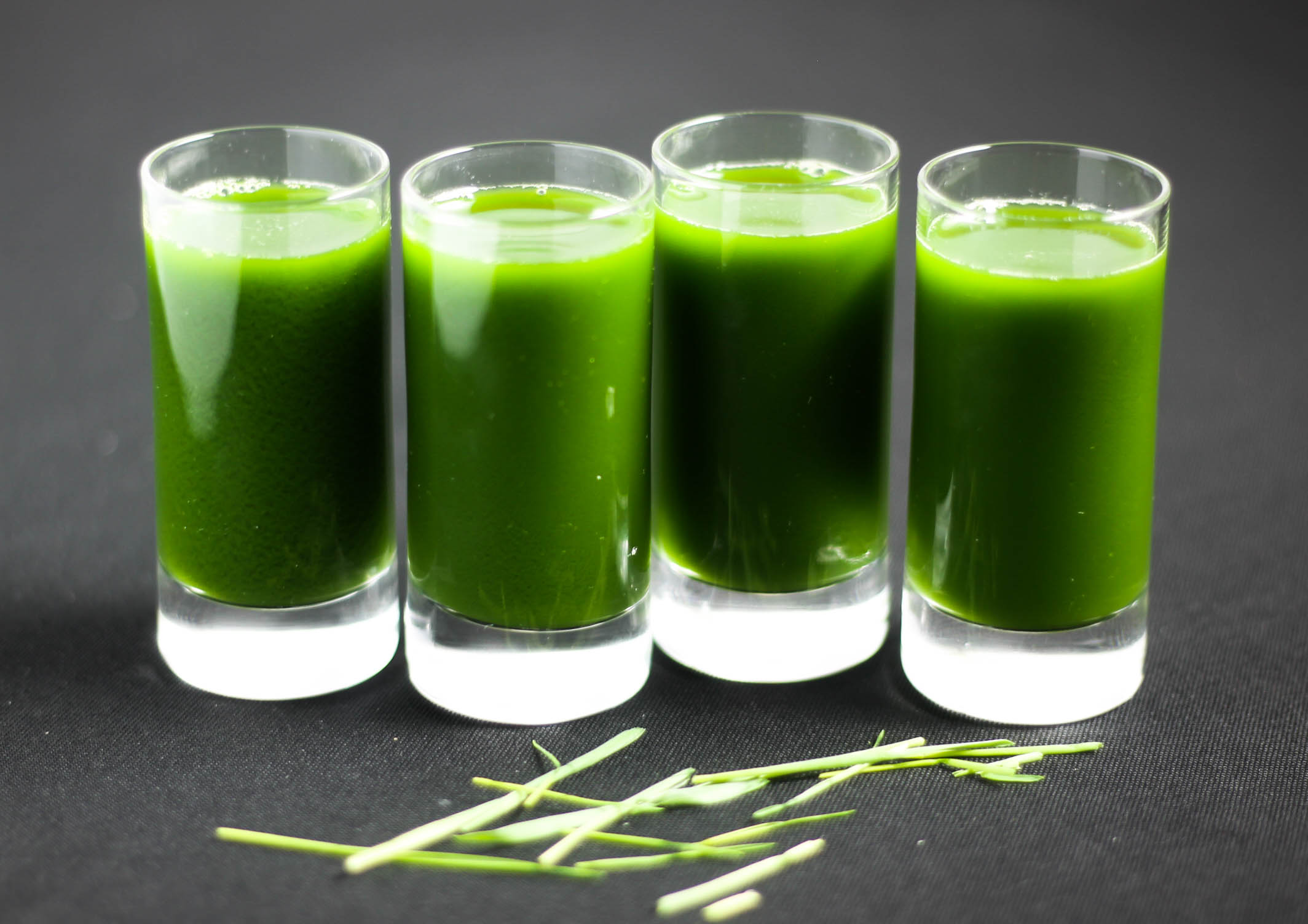

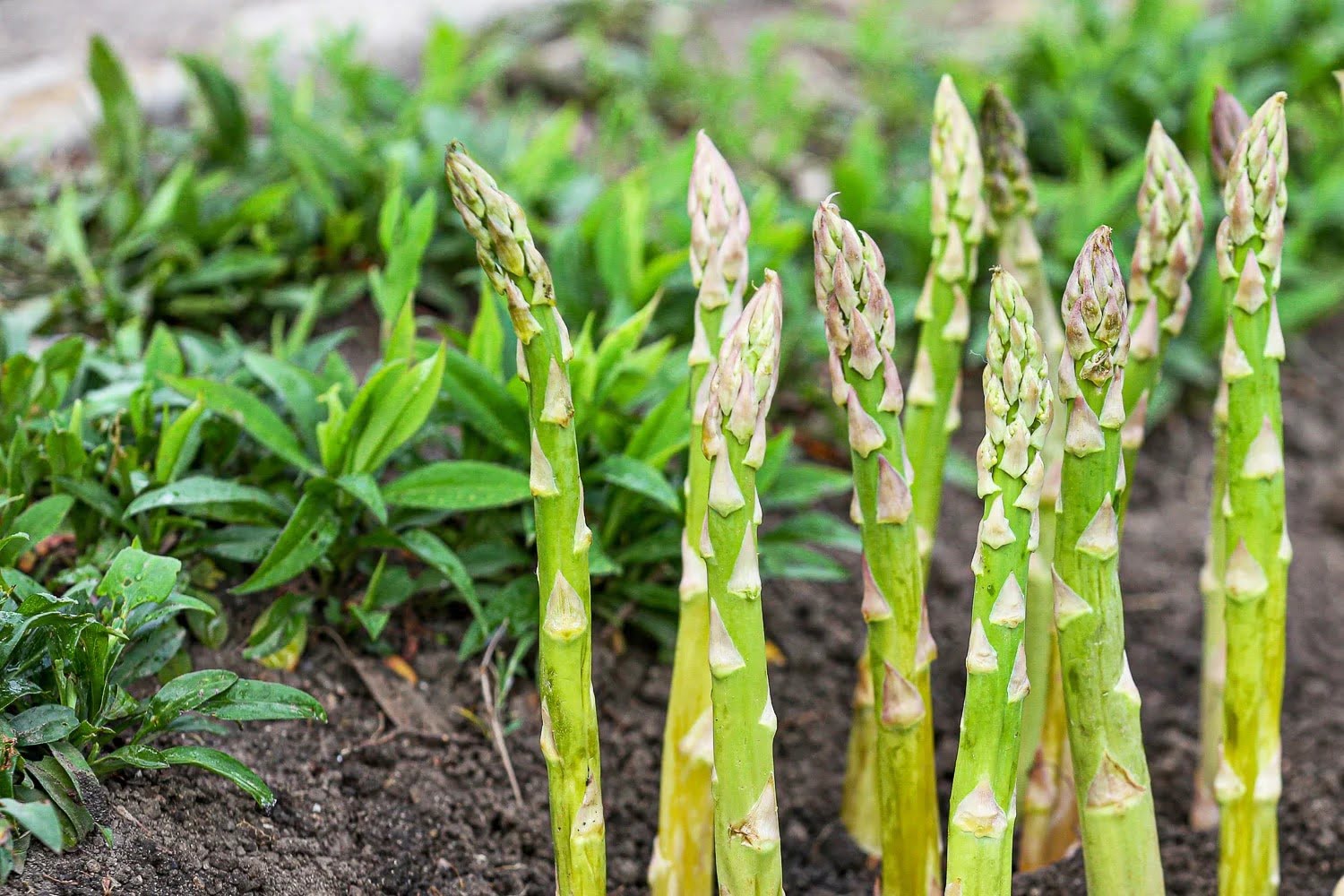





0 thoughts on “What Is Lemon Grass Good For”